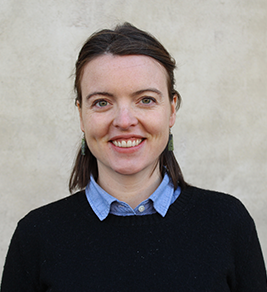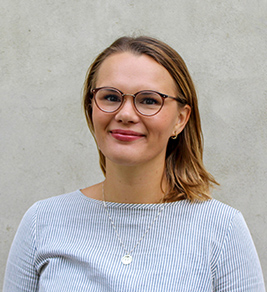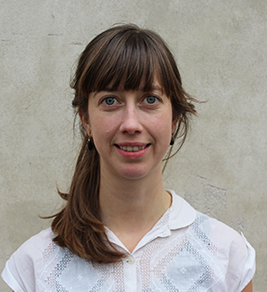Senior Research Fellow Leneisja Jungsberg and Research Fellow Justine Ramage have published an article examining permafrost perceptions in three Arctic communities. Jungsberg has also written a comment for a study examining opportunistic climate adaption in Greenland.
The article ‘No longer solid’: perceived impacts of permafrost thaw in three Arctic communities, published in Polar Geography, is written by Nordregio researchers Dr. Justine Ramage and Dr. Leneisja Jungsberg.
The article examines local communities’ perceptions of permafrost change. The study, carried out between 2019 and 2020 in Aklavik (Northwest Territories, Canada), Longyearbyen (Svalbard, Norway), and Qeqertarsuaq (Qeqertalik Municipality, Greenland), shows that the majority of the 237 participants are well aware of the consequences of permafrost thaw on the landscape as well as the connection between increased air temperature and permafrost thaw.
– Permafrost thaw is perceived as a major cause for challenges in subsistence activities, infrastructure, and the physical environment. Different perceptions within the three study communities suggests that perceptions of thaw are not solely determined by physical changes but also influenced by factors related to the societal context, including discourses of climate change, cultural background, and land use, Dr. Jungsberg states.
What do you think is interesting to point out for a broader audience?
– Permafrost characterizes ground conditions in most of the Arctic and is increasingly thawing. While environmental consequences of permafrost thaw are under intense scrutiny by natural and life sciences, social sciences’ studies on local communities’ perceptions of change are thus far limited. This hinders the development of targeted adaptation and mitigation measures.
What are the economic opportunities for glacially-derived sand extraction in Greenland?
Senior Research Fellow Leneisja Jungsberg has also recently published Turning Greenland’s sand into gold – a comment for a study examining opportunistic climate adaptation in Greenland.
With the warming climate an enormous amount of sand is released from the melting ice-cap in Greenland, and this brings new economic opportunities for glacially derived sand extraction. Yet, a question is what the public support is for this kind of business. The study finds that the majority support extracting and exporting sand but oppose foreign involvement, revealing broad support for domestically led business ventures. They also underline the importance of environmental and social impact assessments for such a national business venture.
What do you think is interesting to point out for a broader audience?
– Most interesting for a broader audience is the indication of a resilient Greenlandic population that favor taking advantage of the economic opportunities arising from climate change. However, because the economic assessment of shipping sand from Greenland to Europe or North America questioned the feasibility, it may imply that the need for citizen involvement is needed when the economic situation has changed.
The comment for the study underlines the importance of continuous citizen participation when it comes to land-based economic decisions such as mineral extraction as there are still traumas from top-down Danish policies carried out throughout several decades from the 1950s, Dr. Jungsberg states.




